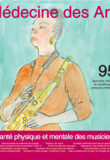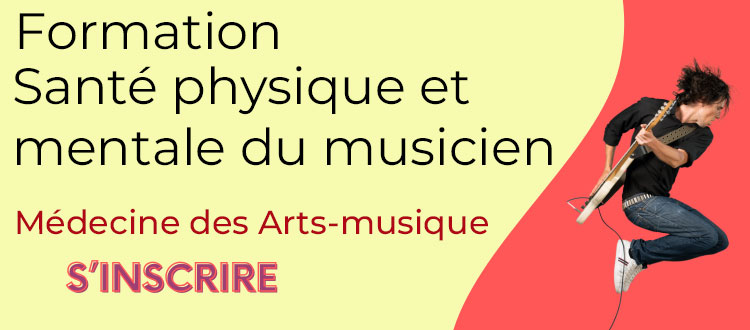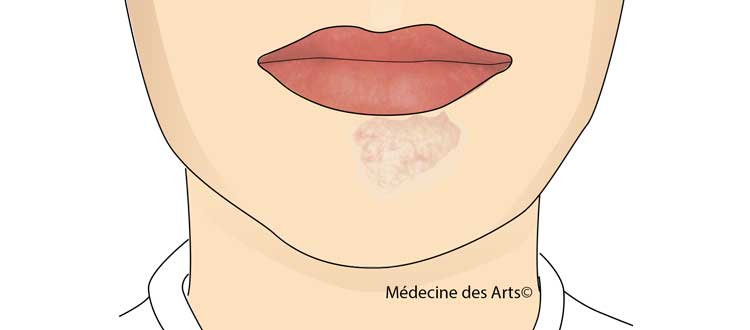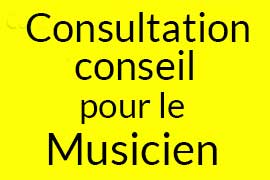Musicians' Heath
-

(...)
-
Pain in orchestra musicians

Pain is the most common symptom in the musician. Pain is frequent in young musicians as well as in professional musicians. (...)
-
Why musicians can make better, safer drivers?

Musical training improves response time to a simple non-musical tactile, audio and audio-tactile stimulus transferable to everyday situations. (...)
-

(...)
-
Practicing music to maintain one’s motivation to play sports

Practicing music to maintain one’s motivation to play sports, a great way to fight against sedentary lifestyles and improve health (...)
-
The practice of dance and music and their effects on the brain

Training in dance and music permeates the brain differentially and oppositely. This feature could be used in educational and therapeutic field. (...)
-
Hypoacousia, accordion playing and occupational disease

How can an auditory hearing loss in an accordionist be recognized as an occupational disease? Hearing loss refers to Table 42 Occupational Diseases (...)
-
The Beatles contribute to the understanding of the brain

The brain area that controls our muscles also helps us remember music. The Beatles contributed unwittingly to improve knowledge of brain functioning (...)
- « Précédente
- 1
- ...
- 11
- 12
- 13
- 14
- 15
- ...
- 27
- Suivante »
La boutique
Revues


































































